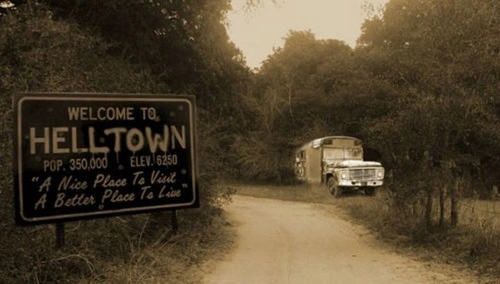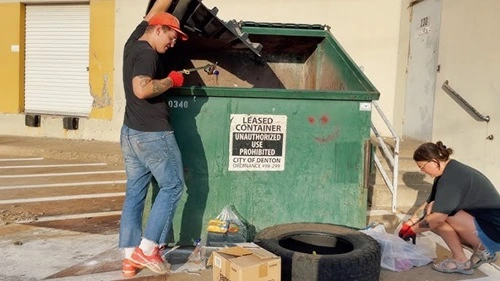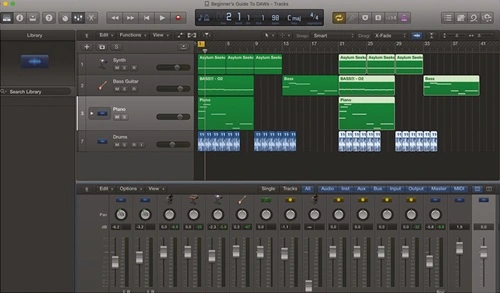No, it is not illegal to visit the area commonly referred to as Helltown, Ohio. However, much of the land within this area, particularly in Boston Township and the Cuyahoga Valley National Park, is either private property or federally protected land, which means certain activities like trespassing or vandalism are strictly prohibited and could lead to legal consequences.
Understanding the Myths and Reality of Helltown, Ohio
Helltown, Ohio, is the nickname given to the area around Boston Township in Summit County. The region is infamous for urban legends, ghost stories, and abandoned buildings, which have drawn curiosity-seekers for decades. Its eerie reputation stems from historical events, local folklore, and its largely desolate appearance after a series of government actions in the 1970s.
1. History of the Area
- In the 1970s, the federal government acquired a significant portion of the land in Boston Township under the National Parks Service’s Eminent Domain Act to create the Cuyahoga Valley National Park.
- Residents were forced to leave their homes, leading to abandoned buildings and ghost town-like conditions, which fueled myths about the area being cursed or haunted.
2. Urban Legends
- Stories about Helltown include rumors of satanic rituals, haunted cemeteries, and mutant creatures roaming the woods. While these tales have made the area a hotspot for thrill-seekers, they are not backed by evidence.
Legal Considerations When Visiting Helltown
1. Trespassing
- Many of the abandoned properties and buildings are privately owned or under the jurisdiction of the National Park Service. Entering these areas without permission constitutes trespassing and is illegal.
- Trespassing can lead to fines or even arrest if you are caught entering restricted areas.
2. National Park Regulations
- Much of the land in and around Helltown is part of the Cuyahoga Valley National Park, which is subject to federal regulations. Visitors must follow park rules, including staying on designated trails and respecting restricted areas.
3. Vandalism and Disturbance
- Acts of vandalism, such as graffiti or damaging park property, are illegal and punishable by fines and possible imprisonment.
- Creating disturbances or engaging in unauthorized activities like camping or setting fires is also prohibited.
Safety Concerns
While it’s not illegal to visit Helltown’s public areas, safety should be a priority:
1. Abandoned Structures
Exploring abandoned buildings is not only illegal but also dangerous due to structural instability.
2. Wildlife and Natural Hazards
The surrounding woods and trails are home to wildlife and can pose risks to those unfamiliar with the terrain.
3. Local Law Enforcement
Increased patrolling by local and park authorities means visitors who break the rules are more likely to face consequences.
Tips for Visiting Helltown Legally
1. Stick to Public Areas:
Visit the officially designated trails and attractions within the Cuyahoga Valley National Park, such as the Boston Store Visitor Center or Brandywine Falls.
2. Avoid Private Property:
Respect signs indicating private property or restricted access to avoid trespassing violations.
3. Stay Informed:
Check the National Park Service’s website for updates on park rules and restrictions.
4. Travel Responsibly:
Avoid littering, disturbing wildlife, or engaging in illegal activities.
Related FAQs
1. Is Helltown, Ohio, really haunted?
Ans: While there are many urban legends about Helltown being haunted, there is no scientific evidence to support these claims. The area’s eerie reputation is mostly based on folklore.
Q2. Can I explore abandoned buildings in Helltown?
Ans: No, entering abandoned buildings is considered trespassing and is illegal.
Q3. Are there any legal attractions in Helltown?
Ans: Yes, the Cuyahoga Valley National Park offers hiking, biking, and scenic attractions that are open to the public.
Q4. What happens if I’m caught trespassing in Helltown?
Ans: You could face fines, legal penalties, or even arrest, depending on the severity of the violation.
Q5. Why is it called Helltown?
Ans: The name “Helltown” stems from urban legends and the desolate appearance of the area after homes were abandoned due to government land acquisitions in the 1970s.
Conclusion
Visiting Helltown, Ohio, is not inherently illegal, but activities like trespassing, vandalism, or entering restricted areas can lead to legal consequences. The area’s spooky reputation draws thrill-seekers, but visitors should respect local laws and enjoy the public portions of the Cuyahoga Valley National Park responsibly. Always prioritize safety and follow legal guidelines when exploring.


